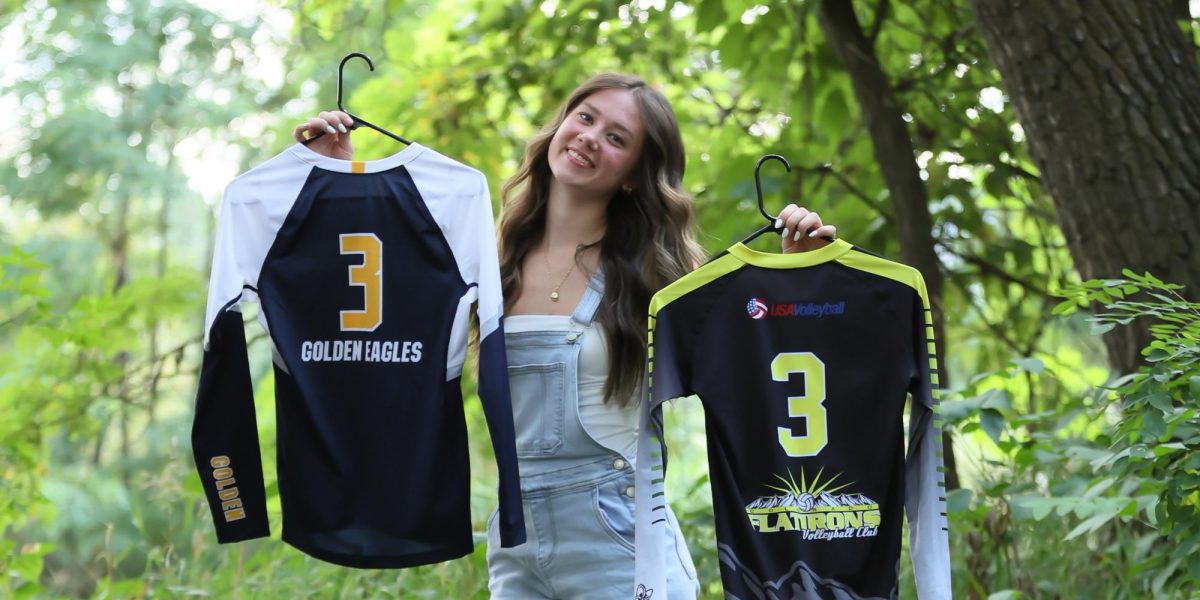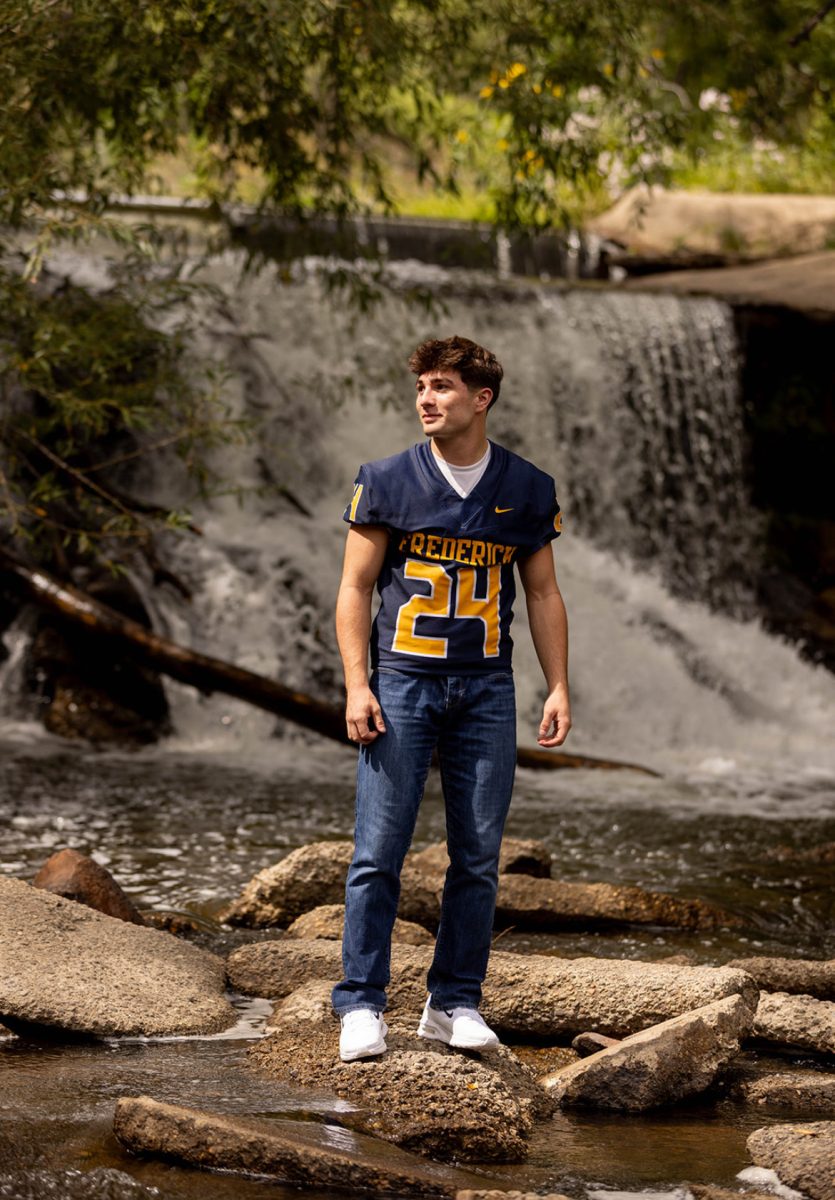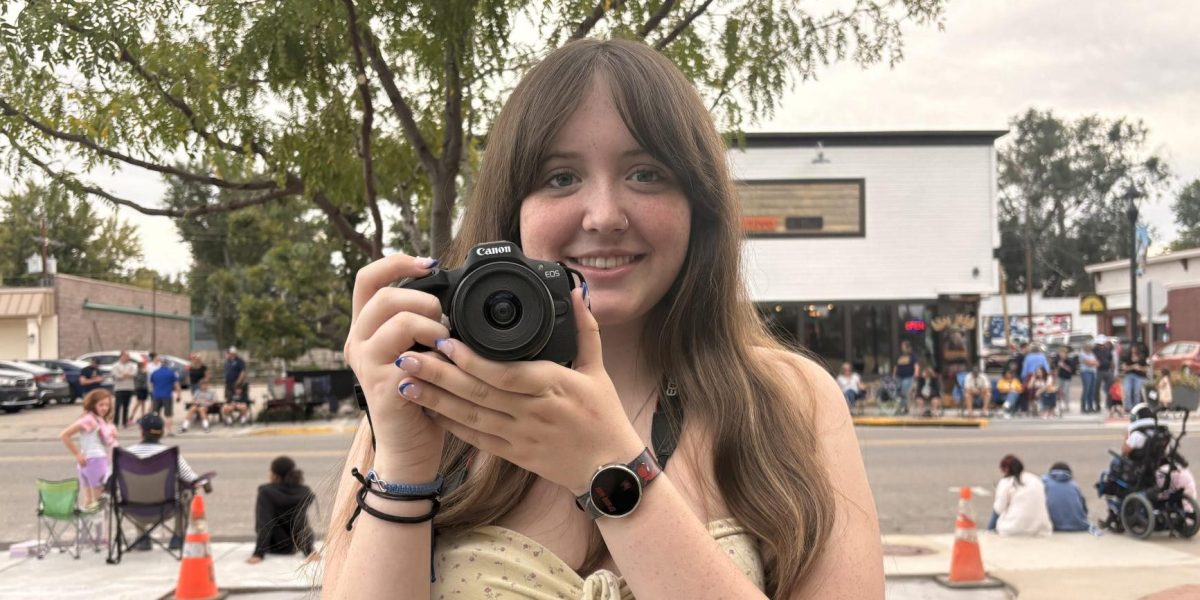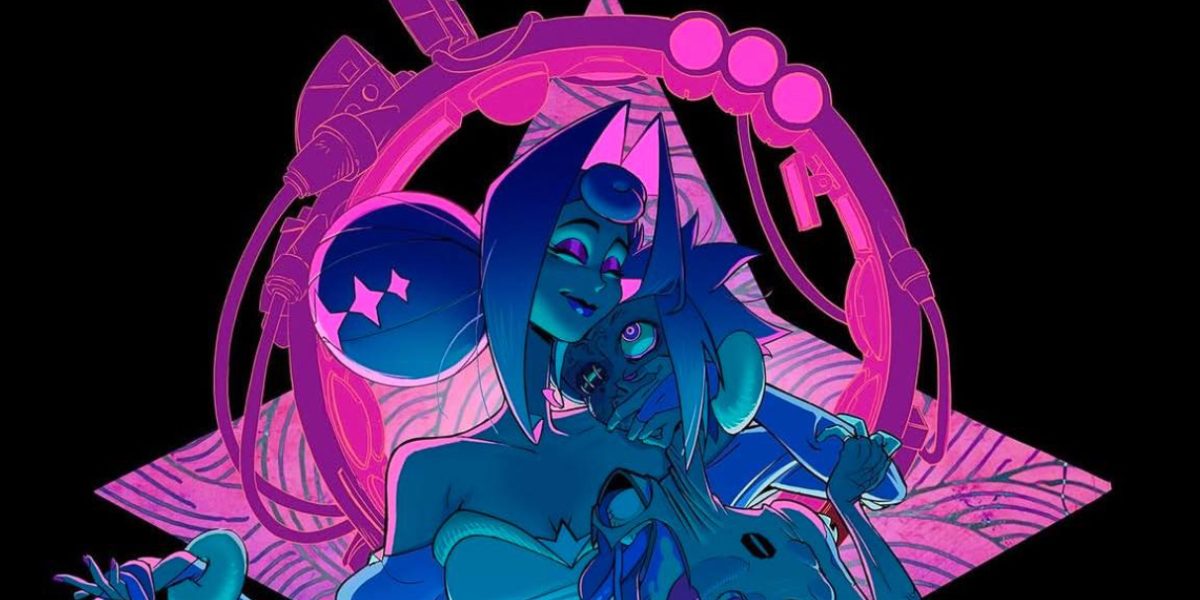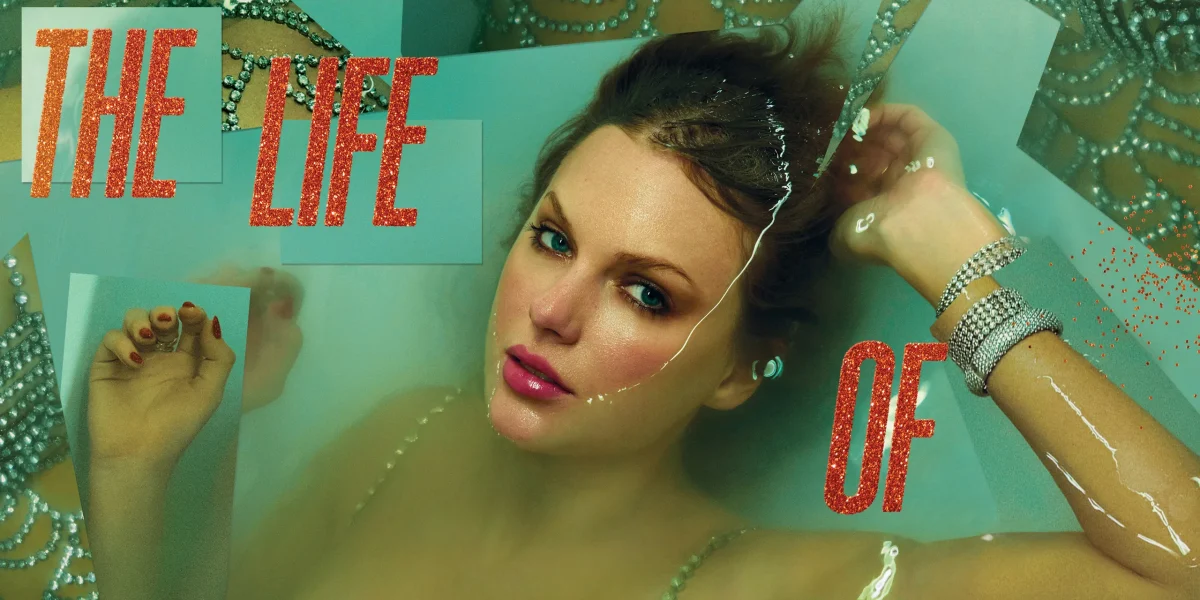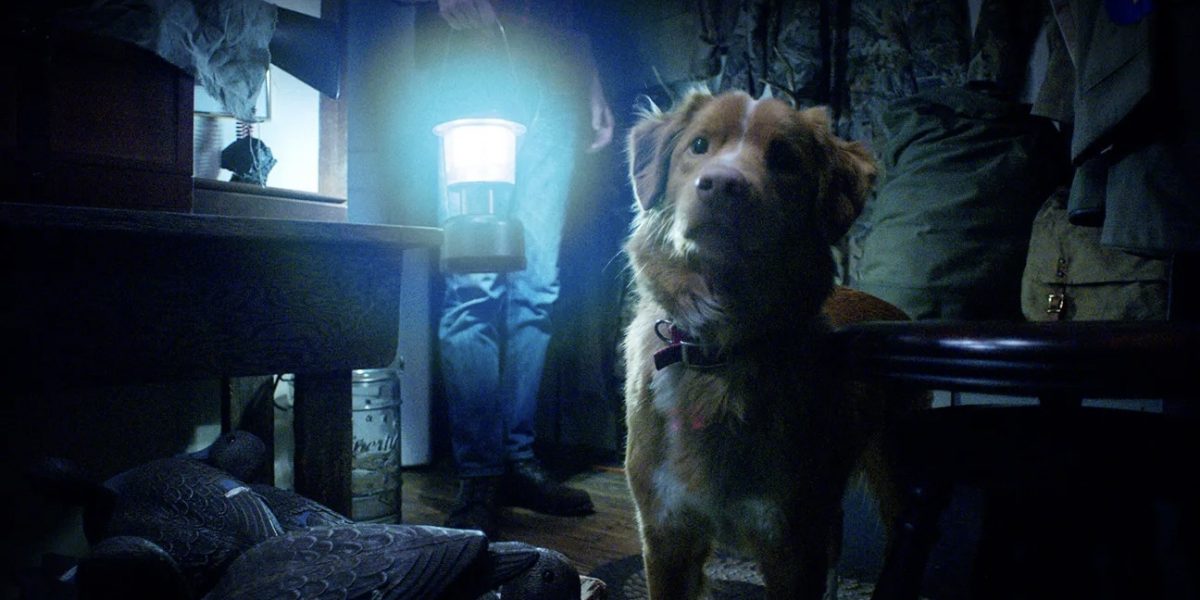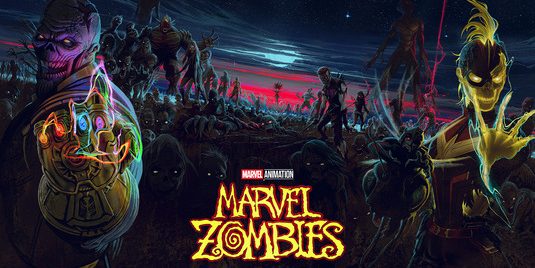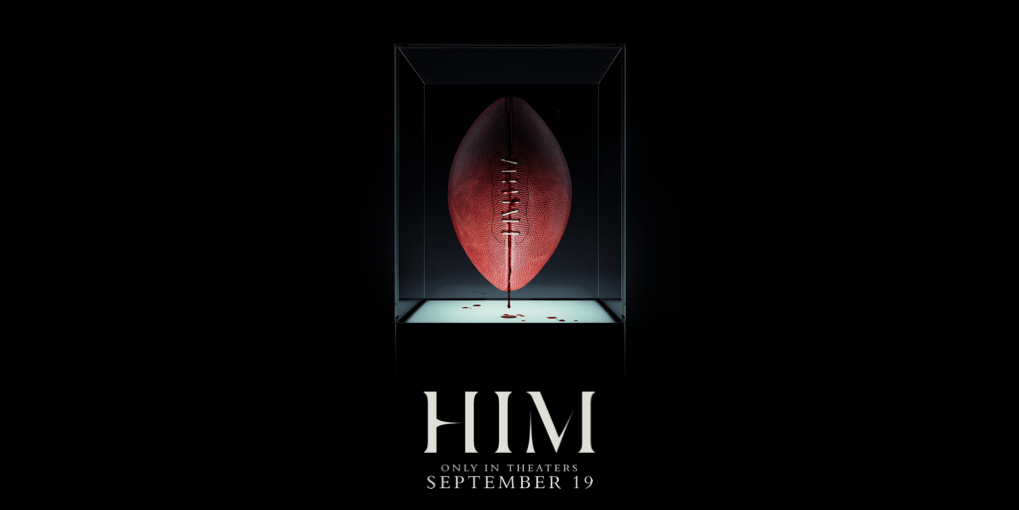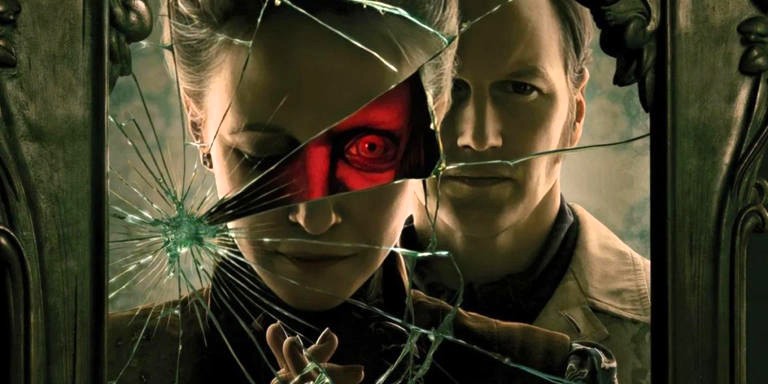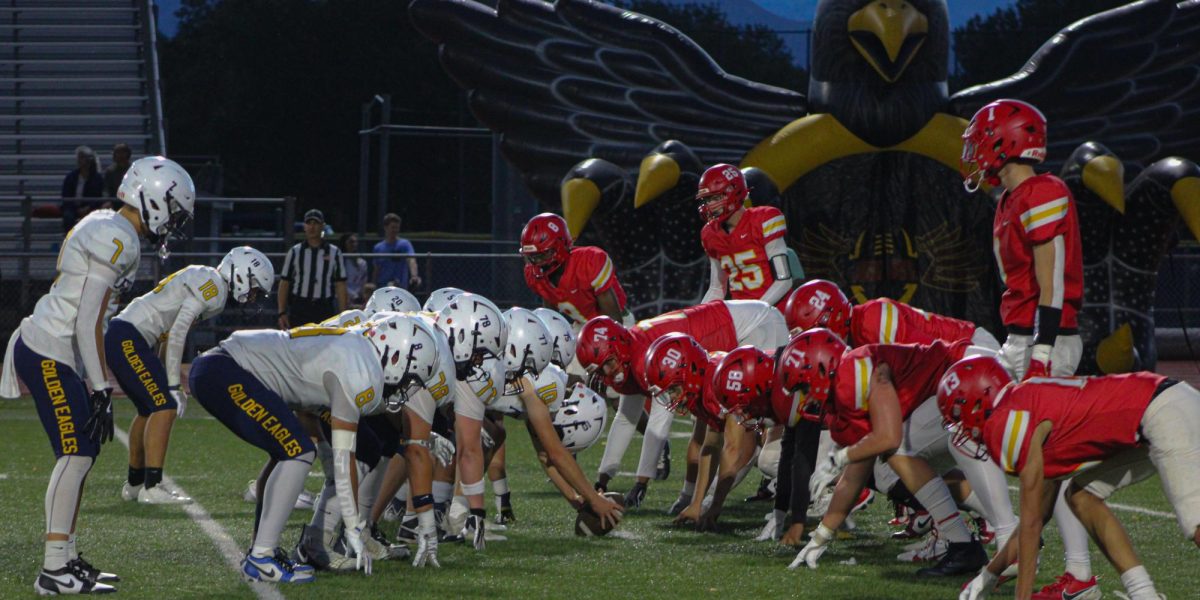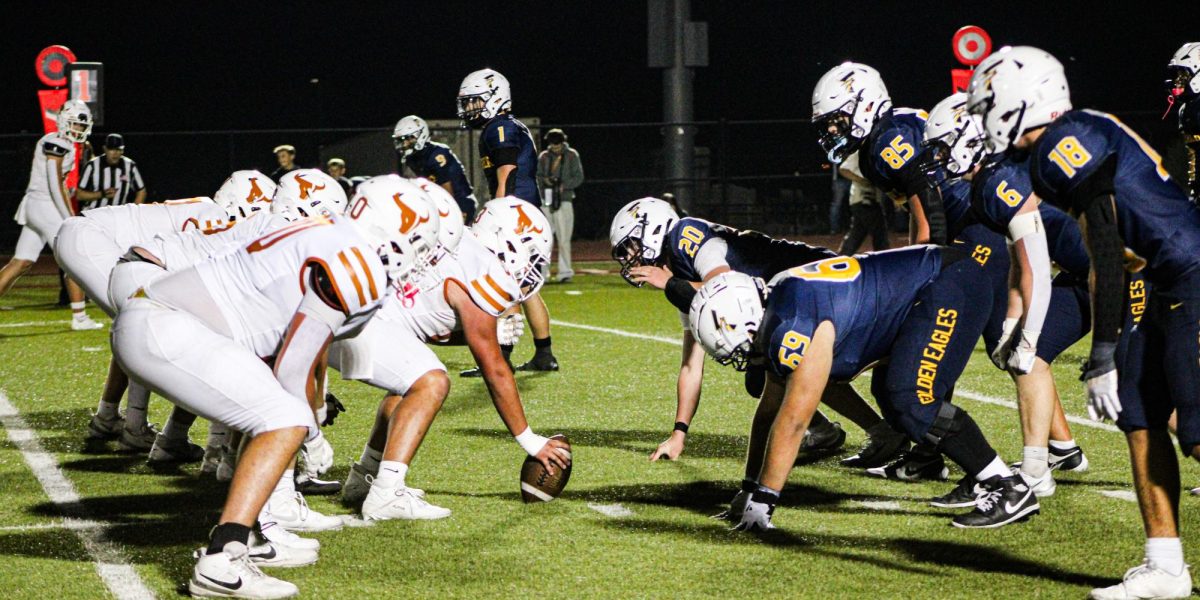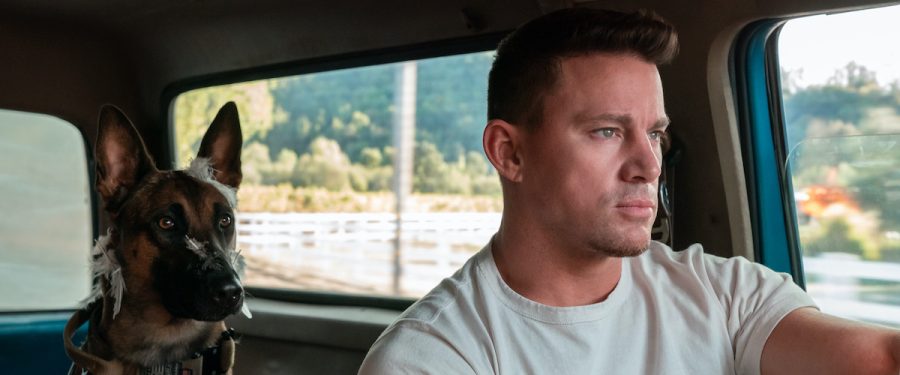A Dog-Gone Good Film
Channing Tatum is surprisingly good in this fun comedy
Jackson Brigs (Channing Tatum) drives his 1984 Bronco with Lulu the dog calmly sitting in the back. Dog is a heartwarming film about an unlikely friendship–and while you may think you have seen this movie before, but there is enough originality and emotional moments to make Dog a must-see.
March 1, 2022
The trailers and ads for the film Dog have painted it as the perfect romantic comedy to take your girlfriend to. A dog? Channing Tatum? What girl could resist?
Well, I did, initially. I’ve seen Channing Tatum in a bunch of movies and he’s not that great of an actor. The plot also sounded very basic: Channing Tatum has to drive a dog across the country and learns to open up. Yet I’m glad I gave this film a chance. While Dog might not most be the most original film, it tells a surprisingly emotional story with a great performance by Channing Tatum, proving that you can’t judge a film just by its ads.
In the film, Tatum plays Army Ranger Jackson Briggs who has survived an injury during his tour of duty, and while his doctor wants him to face his post-traumatic stress disorder, Briggs is eager to get back to the military. To placate him, the Army asks Briggs to serve a civilian mission: he must transport a Belgian Malinois named Lulu to a funeral. But this is no ordinary funeral and no ordinary dog: the funeral is being held for Briggs’ former commanding officer, who was Lulu’s handler on the same battlefields where Briggs fought.
The rest of the plot is easy to guess: no one else can handle Lulu just like no one else can handle Briggs, and the dog and the man initially don’t like each other but slowly become friends until there’s a tear-jerking moment at the end where they prove that they’re best friends. This is not just the plot of every dog movie but every two-opposites-on-a-road-trip movie. The only unknown is whether the dog dies at the end or not (spoiler: the dog doesn’t die, a tagline used in some promotional material).
But to reduce the film to its by-the-books plot doesn’t give it enough credit. Tatum paints Briggs as a tragic figure who can’t move past his own insecurities or ask for help. Similarly, Lulu is not the playful scamp of Marley and Me or A Dog’s Purpose: she is mean and out of control. By using unlikable characters, the film switches up the predictable and makes the film interesting. While the dog and the human bond (as they always do in these movies), they bond over shared pain and emotional damage. Both are quick to anger and shudder at the thunder that sounds like bombs.
The film does not sugarcoat war or PTSD, and it doesn’t paint Tatum as a meathead, as most comedies about soldiers tend to do. Tatum is instead a complex character who knows his service has damaged him, yet he needs a purpose in life and is willing to trade his safety and sanity to go back into battle. The movie has some great laughs and some fun action, but it also has quiet moments where we get to see just how broken both Briggs and Lulu are.
What may be the most surprising fact about this movie is that Channing Tatum isn’t just the star: he’s also a director and the inspiration for the film. In 2008, Tatum adopted a rescue named Lulu who suffered from PTSD, just like the Lulu in the film. Tatum attributes taking care of Lulu as something that really pushed him into maturing as both a person and an actor. When the real-life Lulu passed away, Tatum wanted to create a film about his experience as a tribute to her. He shared his story with writer Reid Carolin, who created the screenplay and added the bits about the military. Tatum and Carolin then went on to self-finance and codirect the film, a first for both of them. It’s clear that the film was helmed by first-time directors, as the cinematography is adequate but not remarkable. However, the emotional writing and performances make up for the bland artistry.
I would recommend this movie to anybody not just to people who love dogs or have a huge crush on Channing Tatum, but for anyone who wants a nice time at the movies. The film doesn’t make you think and it isn’t the sixteenth chapter in a sprawling movie universe: it’s just simple, wholesome fun. I like movies that make my heart melt, and so I can forgive the film’s flaws because, while telling the same old story, the film tells it so well. This film is just like the road trip that Brigs and Lulu take: it’s not about the destination, but the journey.











